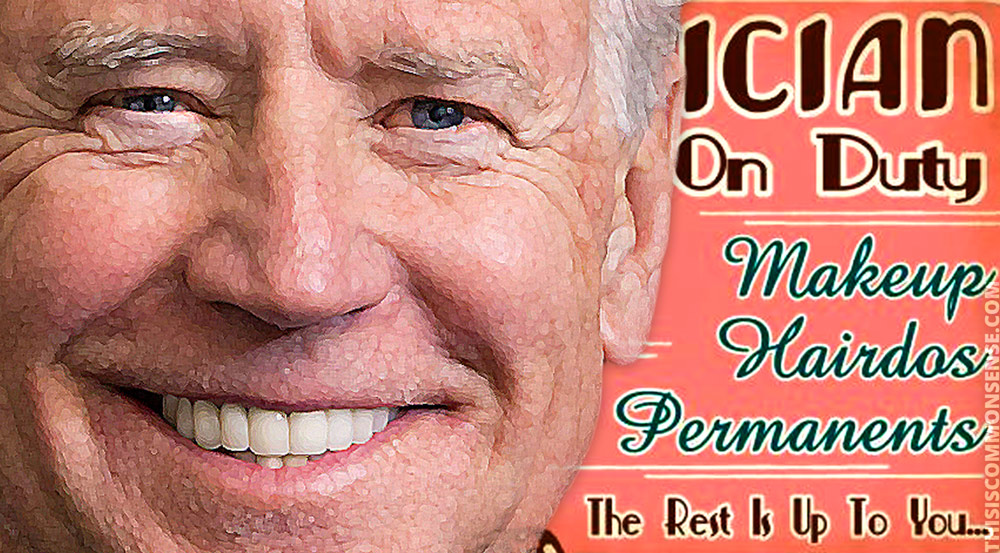Lord Acton’s Law of Power states the chief problem of government: “Power tends to corrupt and absolute power corrupts absolutely.”
It has broad application.
Take traffic lights. They are there to prevent accidents and make navigating roads a better experience for all. The basic idea is to establish and enforce a few basic rules and then let civilization proceed at the pace set by the people themselves. It won’t be perfect, but it won’t be tyranny, either.
But controlling traffic lights is a kind of power.
And thus open to corruption.
Just ask Mats Järlström. After his wife got a “running a red light ticket” in Beaverton, Oregon — a town characterized on the show Veronica Mars as completely wholesome and innocent of guile — Mr. Järlström researched the yellow light timing system.
Using a sophisticated “extended kinematic equation,” obtained from his work background in Sweden, he sought to right the wrong that led to his wife’s ticket and found himself mired in government overreach.
You see, the Oregon Board of Examiners for Engineering and Land Surveying objected to his practicing engineering without a license.
The board sought to bury his findings about how yellow lights have been calibrated in Oregon — which he had shown encouraged behavior that would allow governments to maximize revenue … not safety.
That’s corruption. The intersection lights’ setup turned a safety measure into a means to fleece motorists — and the engineering board corruptly twisted its mission to suppress the truth.
Thankfully, the Institute for Justice stepped in, and Järlström won in court.
Oregon now has new intersection lighting standards, and the power of the government professional board has been curbed.
A win for limited government!
And Common Sense, which This Is. I’m Paul Jacob.

—
See all recent commentary
(simplified and organized)





